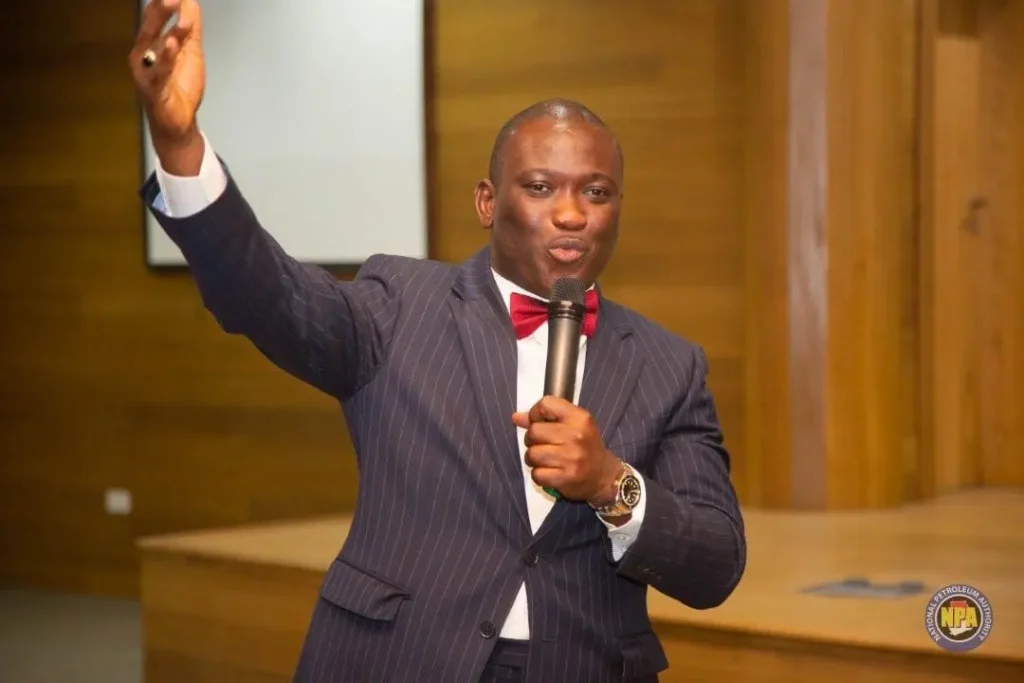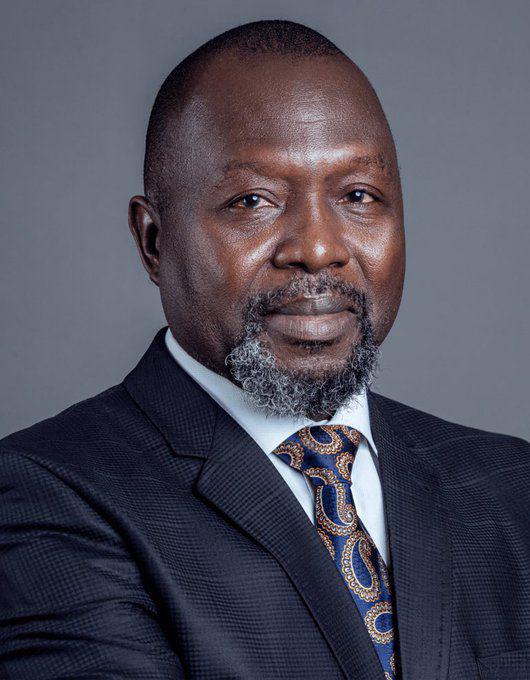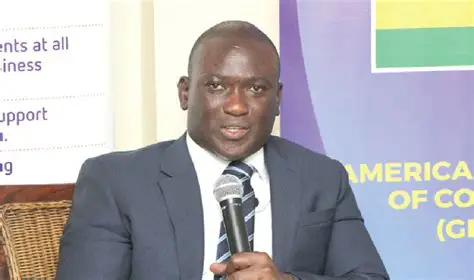MPs Demand Return of Anti-LGBTQ+ Bill — Tampuli Says Government Must Act or Face Consequences
Member of Parliament for Gushegu, Hassan Tampuli, has called on the government to immediately reintroduce the Human Sexual Rights and Family Values Bill, 2025, warning that failure to do so will lead to political consequences. His remarks follow the controversial appearance — and subsequent withdrawal — of the bill from Parliament’s Order Paper earlier this week.
The development has rekindled political tensions between the Majority and Minority caucuses and revived national debate over the legislation’s implications for Ghana’s democratic process and human rights obligations.
On Tuesday, October 21, 2025, the Human Sexual Rights and Family Values Bill appeared on Parliament’s Order Paper for consideration. However, it was later withdrawn, with Majority Leader Mahama Ayariga clarifying that its inclusion had been an administrative error.
Speaking at a parliamentary leadership conference the following day, Mr. Ayariga explained that the bill had been “wrongly advertised” and would not proceed until procedural corrections were made. The explanation did little to calm dissent within the House, as several legislators voiced frustration over what they saw as backtracking on a matter of national interest.

Hassan Tampuli insisted that the bill must be brought back to the floor for discussion and passage. He accused the government of betraying public trust by allowing the bill to be withdrawn and issued a stern warning.
“We think that this bill — the clarion call — is that they must bring back our bill. They must bring back the bill; otherwise, we will take all the necessary steps to let Ghanaians understand that this government is a 419 government,” Mr. Tampuli declared.
The controversy over the anti-LGBTQ+ bill is not just a legislative issue — it strikes at the heart of Ghana’s social identity, governance, and international reputation. The bill’s supporters view it as a defense of traditional Ghanaian family values and cultural norms, while opponents argue that it infringes on fundamental human rights protected under Ghana’s Constitution and international treaties.
Across Africa, similar laws have sparked debates about the balance between cultural sovereignty and universal human rights. Ghana’s handling of this issue could influence broader regional discussions on the continent’s approach to social legislation and democratic governance.

The Human Sexual Rights and Family Values Bill, often called the anti-LGBTQ+ bill, has been one of the most divisive pieces of legislation in recent years. First introduced as a private members’ bill in a previous Parliament, it seeks to criminalise LGBTQ+ activities and advocacy while promoting what sponsors describe as “family values” rooted in Ghanaian tradition.
The bill has faced legal scrutiny and international criticism from human rights groups, foreign governments, and development partners who warn that its passage could affect Ghana’s global standing and foreign aid relationships. Domestically, it has drawn widespread support from religious and traditional leaders, who argue that it reflects Ghana’s moral and cultural identity.
The Majority caucus maintains that the withdrawal was a procedural correction rather than an attempt to abandon the bill. Meanwhile, Minority Leader Alexander Afenyo-Markin has accused the Majority of “backtracking” on a commitment made to Ghanaians. He reaffirmed the Minority’s support for the bill and its readiness to see it passed into law.
The divide underscores the political sensitivity of the issue, with both sides wary of alienating their constituencies in the lead-up to the 2028 elections. Analysts note that while many MPs publicly support the bill, concerns persist about its potential impact on Ghana’s constitutional freedoms and international relations.

Attorney-General officials have previously explained that for such a bill to move forward, it must go through several procedural stages, including a committee review, public consultations, and legal vetting to ensure compliance with the Constitution. Any administrative error or omission in these processes can delay its progress.
Observers note that Ghana’s Parliament has seen similar controversies in recent years, where bills were either withdrawn or delayed due to technical or legal concerns. The anti-LGBTQ+ bill’s sensitivity makes such procedural errors particularly explosive, given the intense public interest surrounding it.
Civil society organisations have called for transparency and calm, urging Parliament to prioritise the rule of law and constitutional safeguards. Meanwhile, advocacy groups have warned against political grandstanding on both sides, stressing that governance decisions should not be driven by populism or fear.
Public opinion remains divided. Surveys by independent think tanks indicate that while a majority of Ghanaians oppose LGBTQ+ practices, many also support the idea of protecting individual rights and preventing discrimination — a nuance often lost in the political rhetoric surrounding the bill.

Ghana’s handling of this legislation will likely influence its reputation as one of Africa’s more stable democracies. Other nations, including Uganda, Nigeria, and Kenya, have enacted or debated similar laws, sparking both domestic approval and international backlash. Ghana’s approach — particularly how it balances national sentiment with global engagement — could shape its diplomatic relations in the coming years.
The government has not announced a timeline for reintroducing the Human Sexual Rights and Family Values Bill, but pressure from both Parliament and the public is mounting. Hassan Tampuli’s warning adds to growing calls for clarity on whether the legislation will return to the floor before the year ends.
For now, the episode highlights the complex intersection between lawmaking, public morality, and political accountability — a test not only of Ghana’s democracy but also of how it navigates competing domestic and international expectations.

